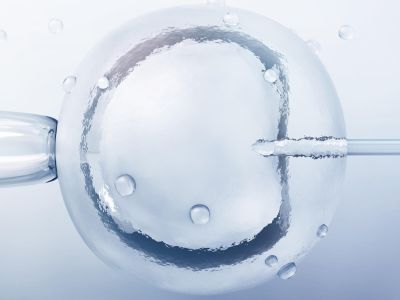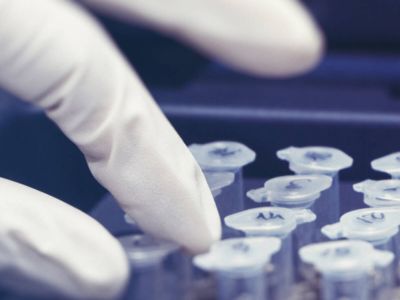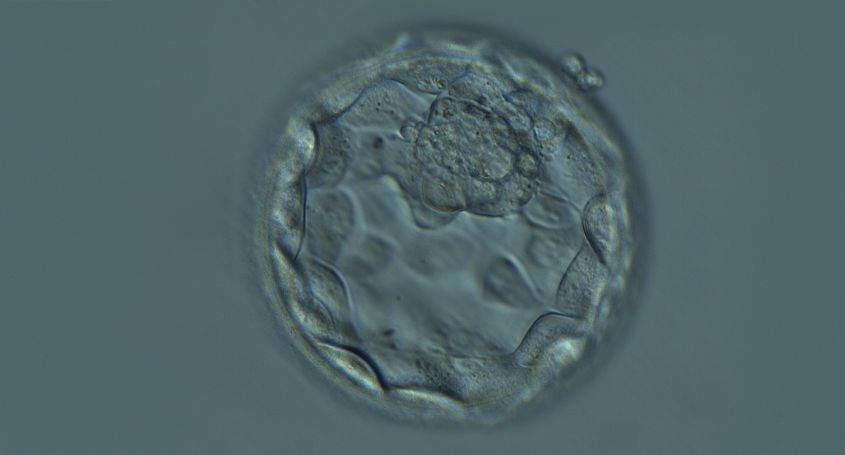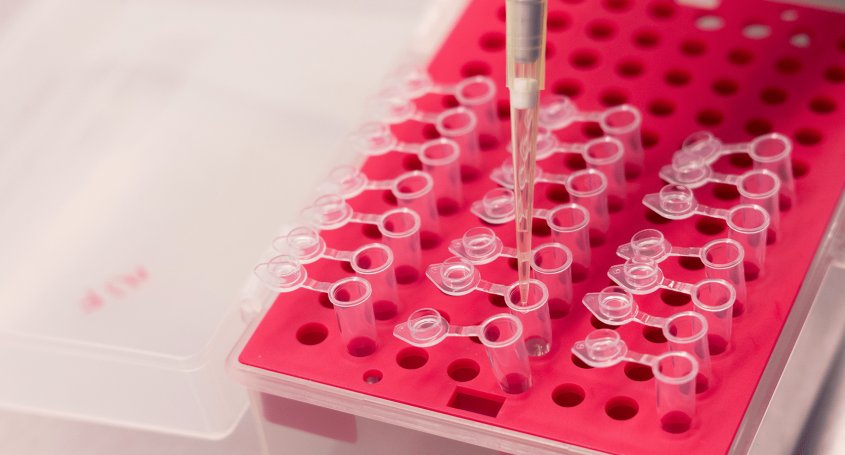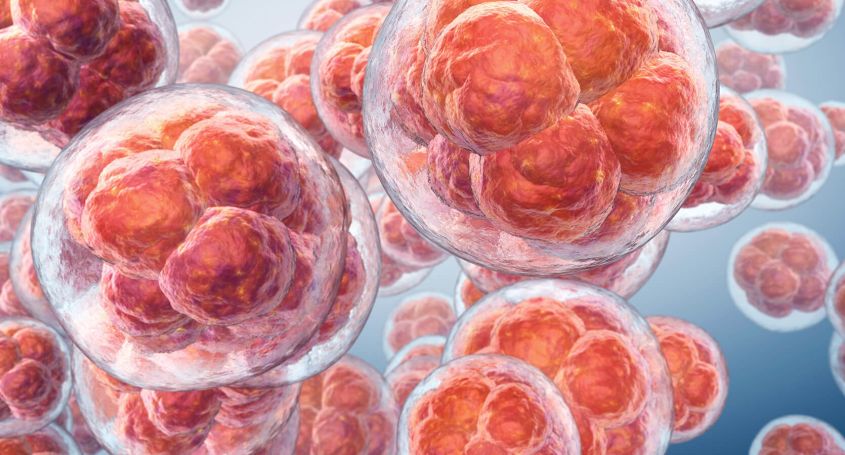Many successful stages are required to achieve pregnancy: ovulation, fertilisation, etc. Implantation is one of these essential stages of embryonic development, but it is also the great unknown. Here we explain what you should know about it.
What does the implant consist of?
Implantation is the process by which the embryo attaches itself to the endometrial surface and invades the epithelium and subsequently the maternal circulation to form the placenta.
A receptive endometrium and a quality embryo are essential for this phase to take place. In addition, there must be proper and complex synchronisation and interaction between the two.
Other factors involved in embryo implantation are progesterone and oestrogen levels, which are crucial for structural and functional changes in the uterus prior to implantation.
What does having a receptive endometrium entail?
The receptive endometrium is the time when the endometrium meets the optimal conditions for implantation, such as the level of thickness. This period is known as the implantation window and occurs between days 16-22 of a normal 28-day menstrual cycle, approximately 5-10 days after the peak of luteinising hormone (LH).
What are the stages of implantation?
This process consists of 3 stages that last between 3 and 4 days:
1. Apposition: The blastocyst makes contact with the endometrial implantation site.
2.Adhesion: the trophoblast cells (trophectoderm) of the blastocyst adhere to the endometrial epithelium.
3.Invasion: fetal trophoblast cells invade and migrate into the endometrial stroma.
Implantation failures
When there have been three failed attempts at IVF treatment, we speak of implantation failure . These failures may occur for some different reasons:
- Embryo-related factors: the genetics and quality of the embryo influence implantation success. Euploid embryos (with 46 normal chromosomes) of good quality have a lower rate of implantation failure.
- Endometrial factors: as already mentioned, endometrial receptivity is essential for embryo implantation. In addition, certain uterine abnormalities can compromise this process.
- Systemic causes: there are alterations that adversely affect implantation, such as, for example, coagulation-related diseases (such as thrombophilias) or immunological alterations (such as autoimmune diseases).
The diagnosis and treatment of infertility caused by implant failure will improve as scientific research advances and clarifies the molecular pathways of this process. At Barcelona IVF we will closely follow all these advances and continue to explain them here on our blog.

